With an open source CRM, you can save time and money. Learn what open source CRM is, the benefits of using it, and the most popular software solutions.
Below are some of the top open source CRM providers in the market, each with unique features and functions that make them best suited to specific needs.
Software Spotlight: HubSpotSPONSORED
HubSpot, known for its inbound marketing expertise, offers a free CRM solution that is a core component of its business management suite. This free CRM includes essential tools like contact management and email templates, along with integrations for Gmail and Outlook.
Some open-source tools HubSpot offers include:
Contact Management
Cloud Platform Available
Task Management
Mobile Application

Odoo

OroCRM
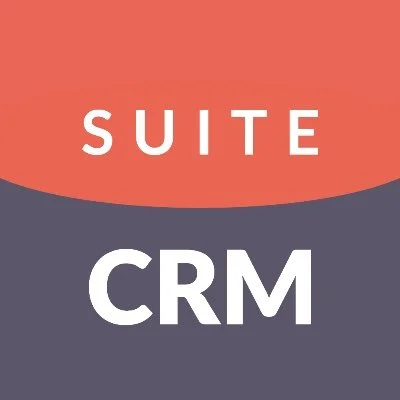
SuiteCRM
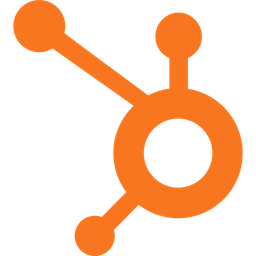
HubSpot

VTiger
What is an open source CRM?
What sets open source CRMs apart from proprietary solutions is that its source code is publicly available. Developers and users can access, modify, and distribute the software freely.
The concept of open source CRMs can be traced back to the 1990s and early 2000s when open source software started gaining popularity. The rise of open source CRMs was driven by a growing demand for customizable and cost-effective solutions to manage customer relationships and the increasing awareness of the benefits of open source software.
Open source CRM solutions
Odoo — All-in-one
Pros
Cons
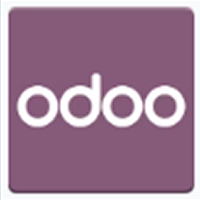
Odoo is more than a CRM, it is an all-in-one solution that combines finance, HR, sales, and other software. Known as enterprise resource planning (ERP) software, Odoo can automate every aspect of your business.
The platform’s comprehensive features, modular design, and flexibility have skyrocketed it to one of the most popular CRMs in 2023. Users can add or remove applications based on their needs and its highly scalable design allows the suite to grow with the business.
Built on open source code, Odoo offers an open source model known as the Community Edition and open core model called the Enterprise Edition.
OroCRM — Best for scalability
Pros
Cons
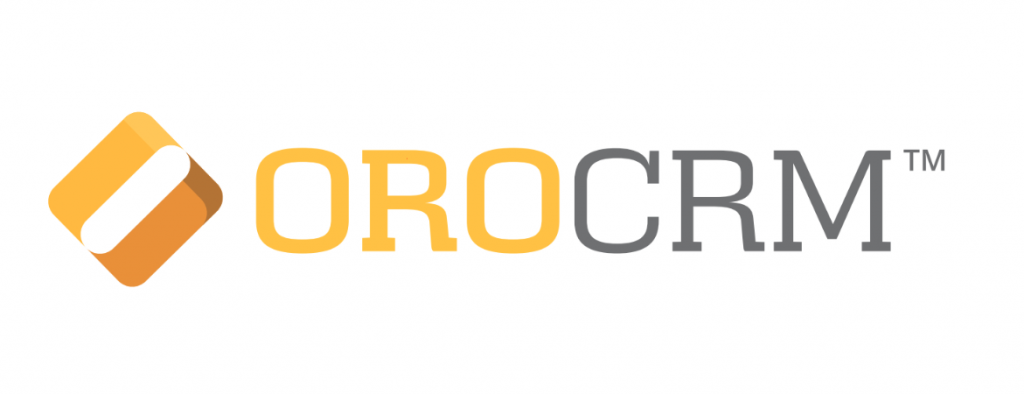
OroCRM advertises itself as the most flexible CRM on the market — and for good reason. The platform’s flexibility is one of its core strengths, offering a customizable data model that enables users to create custom fields to match their unique customer data requirements and sales workflows. Like Odoo, OroCRM features a modular architecture that allows developers to easily extend its functionality by creating custom modules, plugins, and integrations.
Configurable workflows—again an extension of the platform’s flexibility—allow users to implement custom workflows for processes such as lead qualification, customer support, and opportunity management. Scalability, multi-channel support, and integration capability are just a few of the other features adding to the platform’s flexibility.
SuiteCRM — Best for community support
Pros
Cons

Developed in 2006, SuiteCRM has benefited from more than 15 releases. Being one of the few early CRMs to continue into the 2020s means developers have had ample time to adjust, update, and add to the platform. The result is a well-oiled machine with a considerable community of developers and advocates.
SuiteCRM also offers a fully supported version of the software called SuiteAssured that includes additional service and support compared to the self-hosted, open-source version.
HubSpot — Best for ease of use
Pros
Cons
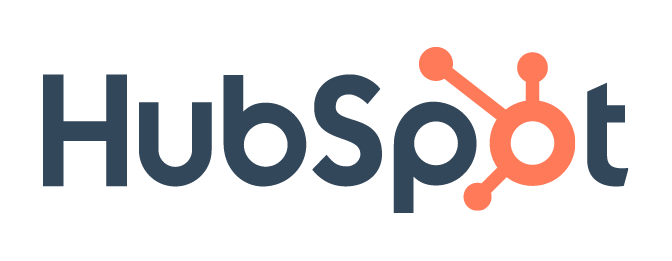
HubSpot CRM offers a wealth of free tutorials, resources, and extensive documentation and guides to get users started. The catalog of available training videos helps speed up adoption of the software, and provides articles, guides, and step-by-step guides to augment the training process. While HubSpot CRM is not strictly an open source platform, HubSpot’s Products and Services include free and open source software developed by third parties.
Vtiger CRM — Best for customization
Pros
Cons

If you are looking for full-customization and scalability capability, look no further. Built on the LAMP/WAMP (Linux/Windows, Apache, MySQL, and PHP) stack, Vtiger CRM enables extensive personalization. As an open source solution, Vtiger allows users to tailor the platform to their unique needs by offering custom fields and modules, layout and user interface customization, custom views and filters, and much more.
However, because of VTiger’s innate customization features, novice users can find the CRM overwhelming. This is a platform for the CRM veteran, and works best when businesses have developers available to update and customize the software on a regular basis.
Which software is right for your business?
Advantages of open source code
For businesses of every size, there are myriad advantages to opting for open source CRM solutions.
Businesses can tailor the CRM to their specific needs as they have access to the source code. This allows for more flexibility in meeting unique requirements.
Open source CRMs are also generally more affordable than proprietary alternatives. There are no licensing fees and users can benefit from the contributions of a large community of developers. Open source projects offer the benefit of a robust development community, resulting in a strong and reliable CRM platform.
Advantages of proprietary software
While open source CRMs offer numerous benefits, there are some advantages to using proprietary CRM solutions. Each business is unique and must find what works best on an individual basis.
Proprietary CRM vendors can provide dedicated customer support, including technical assistance and troubleshooting. Community support is available with open source CRMs but can be slow and less efficient than assistance from established software vendors.
Proprietary CRMs also come with regularly scheduled updates and upgrades. Regular updates promise quick bug fixes and enhanced security — crucial elements for businesses that lack the in-house technical expertise to manage software updates. Businesses could arguably use more resources on handling updates and integrations than would be used with a monthly subscription for proprietary software.
Many essential features and tools are readily available with proprietary CRMs. These platforms are specifically designed to cater to individual business needs. These features can save businesses a significant amount of time in customization and configuration.
Looking for the latest in CRM solutions? Check out our CRM Software Buyer’s Guide.
How we choose our top picks
At TechnologyAdvice, we assess a wide range of factors before selecting our top choices for a given category.
To make our selections, we rely on our extensive research, product information, vendor websites, competitor research and first-hand experience. We then consider what makes a solution best for customer-specific needs.
For our Top Open Source CRM list, we looked at 20 options before whittling them down to the five that cover all accounting needs for startups all the way up to enterprises.
FAQ
What is an open source CRM?
Open source CRM (Customer Relationship Management) software is developed and distributed under an open source license, allowing users to access and modify the application’s source code.
What are the benefits of open source CRM?
Small and medium-sized businesses can benefit greatly from open source CRM software because it is free to use and modify while offering the same functionality as expensive proprietary CRM software without the cost.





